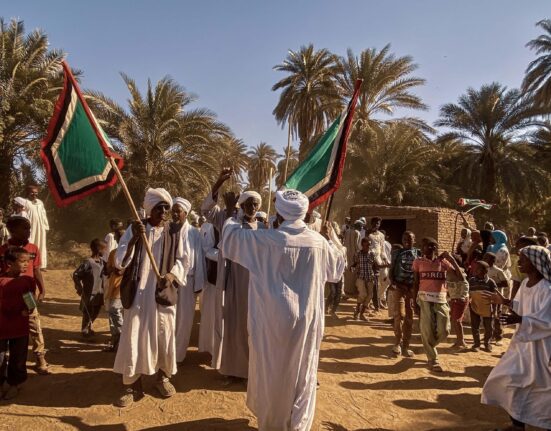Once a vibrant teenage TikTok star with over a million followers, Sana Yousaf’s life took a tragic turn on her 17th birthday. A celebratory video capturing her joyous moments was soon followed by her untimely death, leaving a nation in shock. The picturesque scene of her cutting a birthday cake against the backdrop of Islamabad’s Margalla Hills was shattered by the grim reality of violence against women in Pakistan.
The tragic incident not only highlighted the vulnerability of women in both physical and online spaces but also sparked a nationwide outcry for justice. The alleged perpetrator, an unemployed man named Umar Hayat, reportedly took Sana’s life after she refused his advances. As the details of the case emerged, disturbing images of her body circulated on social media, accompanied by callous comments glorifying her death.
In the wake of Sana’s murder, women across Pakistan found themselves grappling with a deeper issue – a crisis of masculinity that perpetuates violence against women. This phenomenon is not unique to Pakistan, as similar debates on femicide and online misogyny have surfaced globally. From Latin America to Australia, the prevalence of gender-based violence has sparked outrage and calls for systemic change.
Prominent voices in Pakistan, such as journalist Amber Rahim Shamsi, have shed light on the pervasive nature of online harassment faced by women. The Digital Rights Foundation’s report underscores the alarming rise in cases of technology-facilitated gender-based violence, painting a grim picture of the digital landscape for women in the country. Social entrepreneur Kanwal Ahmed’s experience with her online community, Soul Sister Pakistan, further underscores the challenges women face in creating safe digital spaces.
The tragic fate of Sana Yousaf serves as a stark reminder of the urgent need for addressing online gender-based violence and toxic masculinity. While there have been commendations for the authorities’ handling of the case, the focus is shifting towards preventive measures and education. Calls for empowering boys with awareness about online harassment and holding perpetrators accountable have gained momentum in the aftermath of Sana’s murder.
The echoes of Sana’s story resonate with the recent landmark ruling in Pakistan, where justice was served for another victim of gender-based violence, Noor Mukkadam. The relentless efforts of victims’ families and the broader community highlight the growing demand for better protection and justice for women. As Sana’s father reminisces about his daughter’s dreams and the love they shared, the collective grief and determination for change reverberate across the nation.
In a world where women continue to face threats and violence, both online and on the streets, the quest for safe spaces remains elusive. Sana’s tragic fate serves as a poignant reminder of the urgent need to address systemic issues of gender-based violence and toxic masculinity. Only through collective action, education, and advocacy can we strive towards a future where every woman feels safe and empowered, both online and offline.









Leave feedback about this